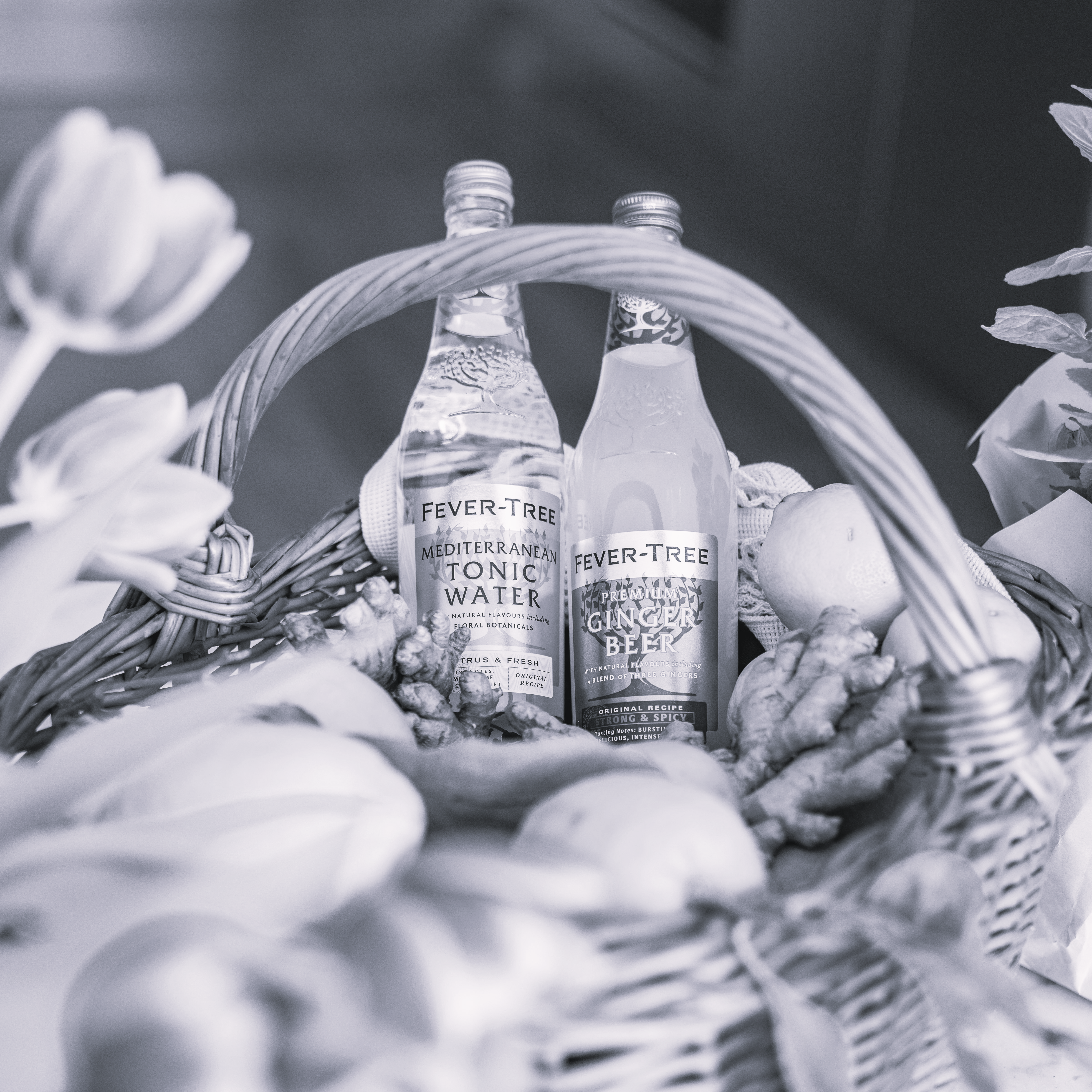Vieilles Vignes is a French term (meaning 'old vines') - commonly used on wine labels to indicate that a wine is the product of grape vines that are particularly old. The practice of displaying it stems from the general belief that older vines, when properly cared for, will produce a better wine. However, in France, Italy, Spain and most wine countries, there is no generally agreed upon definition on what constitutes the best old vines, as a wine might or might not show any specific characteristics related to vine age.
Grape vines can grow for over 120 years, though after about 20 years vines start to produce smaller crops, and average yields decrease, which can lead to more concentrated, intense wines. Diseases such as 'dead arm' can afflict old vines, in some cases further concentrating the juice. The term 'old vines' might apply to an entire estate, or it might mean only a certain parcel, rows planted before others.
Some of the oldest commercially active grape producing vineyards are planted in the Barossa Valley in Australia, one of the oldest being the Langmeil vineyard which has Shiraz grapes planted in 1843, now being 169 years old. The Barossa Old Vine Charter was established to protect the older vines in the region and prevent them from being removed. The oldest known grape producing vine grows in Maribor in Slovenia and was planted over 400 years ago, a wonderful exhibit of nature's resilience surviving a number of revolutions and two world wars.
Typically Vieilles Vignes 'VV' - often means a wine whose vines are greater than 30-40 years old. Some winemakers around the world insist the vines should be older. In newly-established wine regions, 20 years might be considered old, and the definition is further complicated by the fact that certain varieties simply do not have economically viable yields when they get truly old. Generally, the more reputable the producer, the more likely it is to mean something, more likely to represent a perceptible difference in character, if not so in quality.










